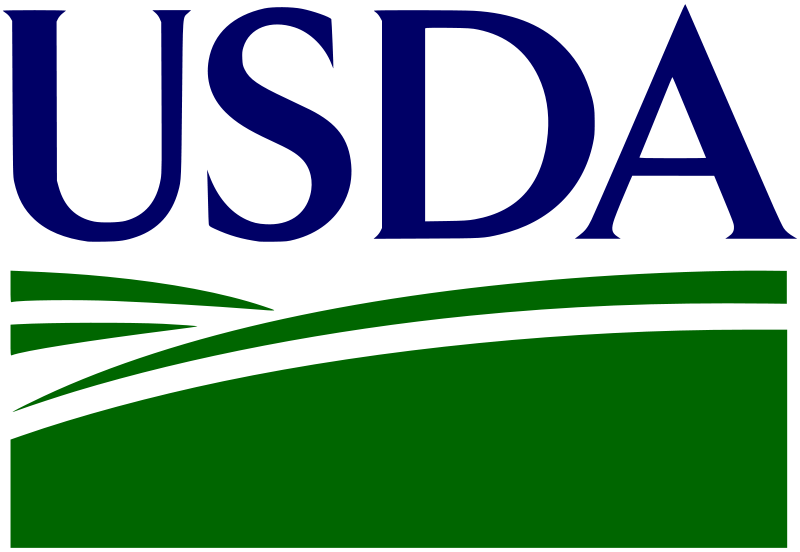- How will growing population and warming climate impact our water resources?
- What is the future of agriculture in areas with rapidly growing population and economic growth in the energy sector?
Population growth, together with increasing demands from agriculture, energy and environmental uses intensify competition for freshwater resources. In water stressed regions, climate variability and change exacerbate conflicts among users by altering supply-demand patterns and water quality. Striking a balance between water supply and conflicting demands necessitates assessing potential benefits and costs of various water management strategies. In the western U.S., compliance with water compacts, environmental regulations, and other institutional agreements increasingly discourages development of new water supply facilities and trans-basin transfers. Thus, strategies are crucial to enhancing the resiliency and reliability of regional water resource systems. In particular, alternative agricultural and urban water conservation and transfer methods are gaining wide acceptance.


